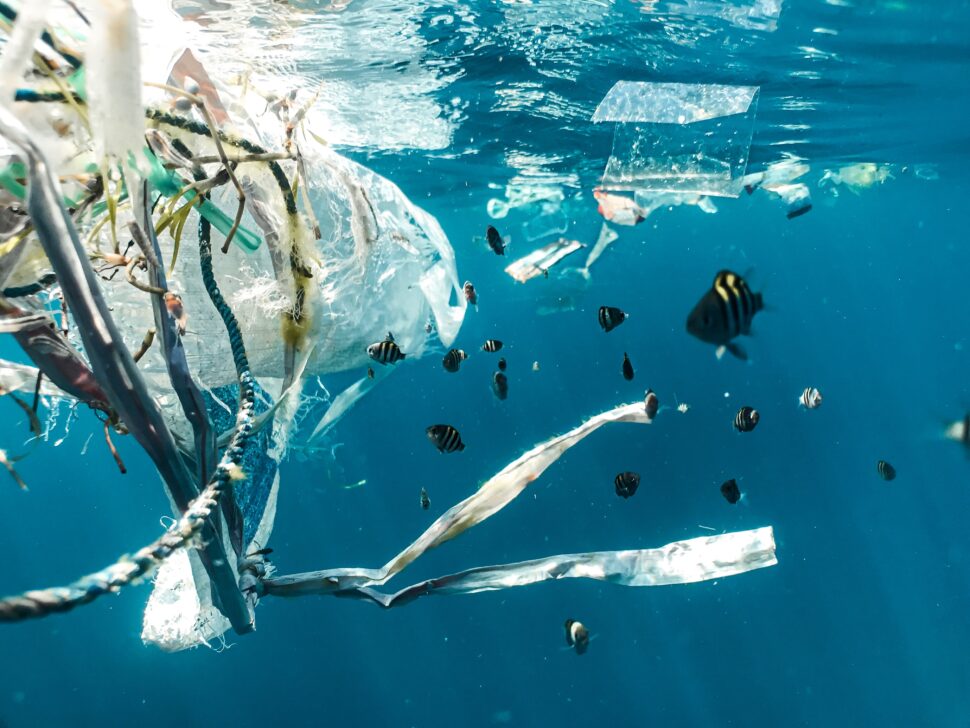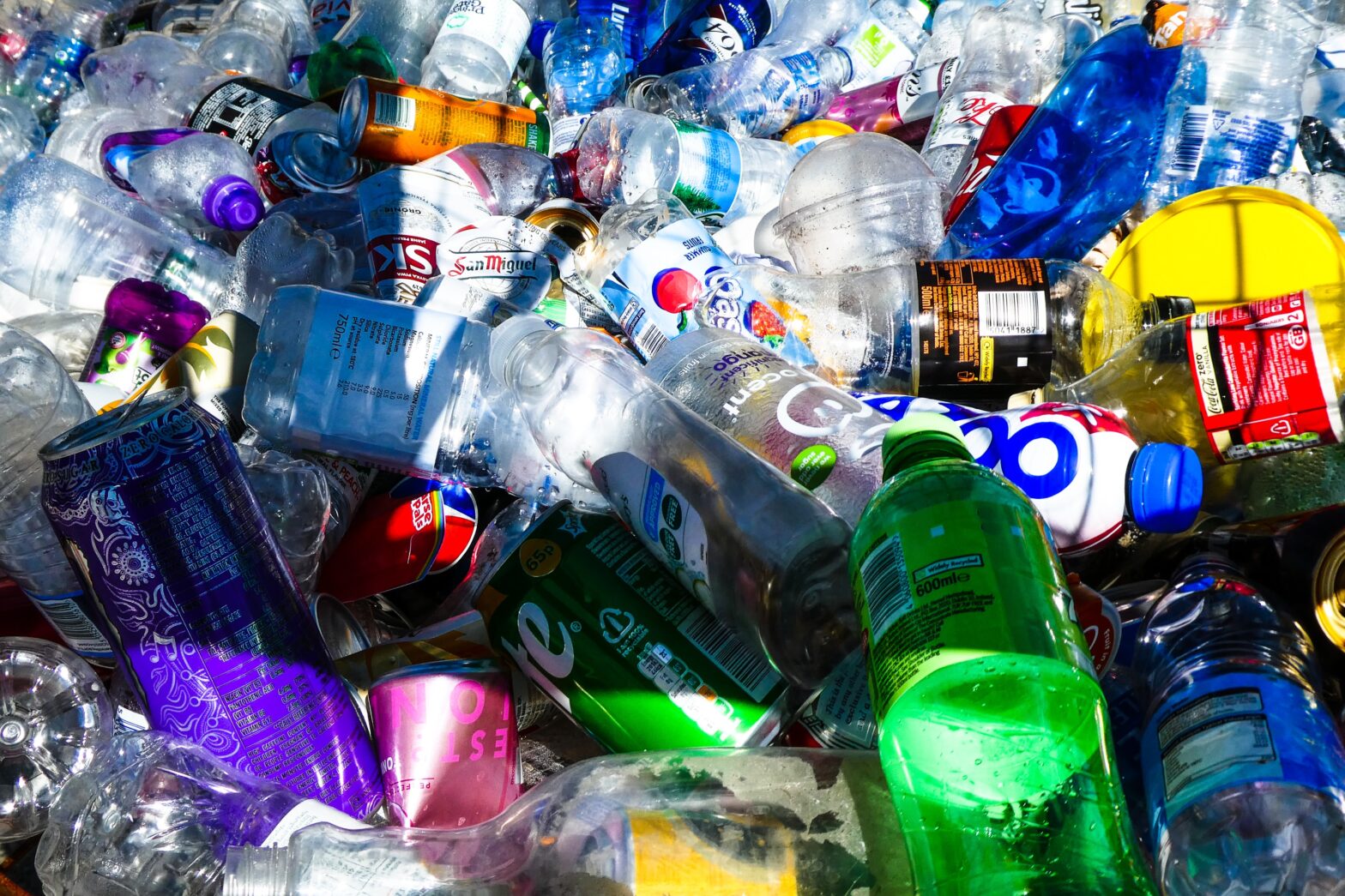The governments of Colombia, Jamaica, and Panamá launched a $42-million initiative to target plastic pollution.
Plastic vs. The World
Nearly one-third of all plastic is for single use. However, 32 percent of plastic infiltrates the soil and freshwater ecosystems and 10 million tons of plastic waste end up in oceans annually. This trend compounds the triple planetary crisis, entwining climate change, nature and biodiversity loss, and pollution and waste.
Projections indicate that without action, plastic pollution could triple by 2060. Circularity seeks to maximize the value of materials by revolutionizing product design, manufacturing processes, consumption habits and waste management.
While the global economy is 8.6 percent circular, Latin America and the Caribbean inched close to 10 percent. Within urban centers, the situation is dire, as cities contribute approximately 60 percent of marine plastic waste.
The Mismanagement of Plastic
The repercussions of mismanaged plastic extend to human health and marine species, leading to entanglement, ingestion, suffocation, and toxic contamination. The incineration of plastics releases persistent organic pollutants, unyielding chemicals that permeate the environment, contaminating air, water and food.

The project sets out to guide Colombia, Jamaica and Panamá in adopting closed-loop policies on a citywide scale. This will foster a collaboration on marine plastics and broader plastic pollution matters.
With the utilization of policy, tools, and innovative interventions, the project will drive the reduction of toxic plastic products. It also will curtail open burning practices and encourage the adoption of reusable systems and circular business models.
Initiative To Reduce Waste
Carlos Manuel Rodríguez, CEO and Chairperson of the Global Environment Facility, underscores the potential of circularity to combat plastic pollution. A shift towards a circular economy has the potential to reduce ocean-polluting plastics by more than 80 percent. This would spare governments an estimated $70 billion in less than two decades and create 700,000 additional jobs by 2040.
Cities, including Barranquilla and Cartagena in Colombia, Kingston and Montego Bay in Jamaica, and Panamá City and Colón in Panamá, will align with international practices. The initiative will spotlight the need to redesign both products and systems. It will minimize unnecessary plastic consumption and curb its detrimental environmental and health impacts.
Chris Corbin, Director of the Cartagena Convention, said this initiative could serve as a beacon of possibility for the broader Caribbean Region. It will underpin governmental commitments under the Cartagena Convention to curtail, mitigate and prevent marine pollution.
